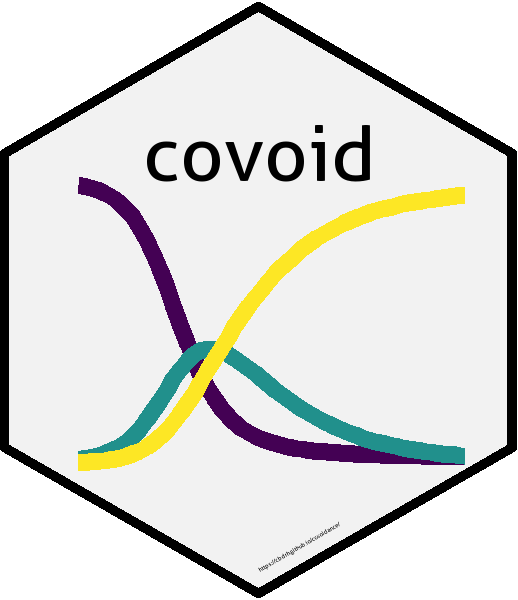UNSW wins international COVID-19 data science competition
UNSW Sydney academics have been recognised for their open-source COVOID software built to model COVID-19 transmission and intervention strategies.
UNSW Sydney academics have been recognised for their open-source COVOID software built to model COVID-19 transmission and intervention strategies.

A team of UNSW academics from UNSW's Centre for Big Data Research in Health (CBDRH) in collaboration with the South Western Sydney Clinic School (SWSCS) have won CovidR, a global competition assessing the contributions of the R software platform to the COVID-19 pandemic.
CBDRH industry PhD Scholar Oisin Fitzgerald and Lecturer Dr Mark Hanly, joined by Senior Research Fellow at SWSCS Dr Tim Churches were awarded for their open-source COVOID software built to model COVID-19 transmission and intervention strategies.
“Widespread social distancing and lock-downs have been remarkably effective in containing the spread of COVID-19, but they are blunt tools that come with enormous social and economic costs,” Dr Tim Churches said.
“As countries overcome the first wave of COVID-19 infection, the ability to accurately model more nuanced strategies is vital. Our COVOID software aims to provide that, in the transparent, reproducible fashion which such important policy questions demand.”
COVOID stands for COVID-19 Opensource Infection Dynamics, and the software provides advanced simulation modelling capabilities for COVID-19 spread and control, focusing particularly on intervention scenarios to enable exploration of post-lockdown ‘exit strategies’ which are now so important in Australia and other countries.
Oisin Fitzgerald developed the systems of equations used in the project as well as writing a large part of the programming code for it.
“Our software provides those with knowledge of the R programming language with the ability to specify and explore a range of increasingly complex models and response policy scenarios. Hypothetical public health interventions are able to be specified in a time-varying fashion for specific age groups and settings, such as schools or workplaces. We also provide a full web interface which permits simulation models and intervention strategies to be specified and compared without any programming knowledge at all,” Mr Fitzgerald said.
“We were very pleased to have been selected as a finalist and we were absolutely delighted to have been chosen as one of two winners of the competition. We will now be giving an invited talk at the European R Users Meeting 2020 conference held online later this month,” Dr Mark Hanly said.
A jury selected the winners based on an evaluation of the technical quality of the work, including whether it was interesting, innovative and best practice in its use of the R language, and on the result of a public vote. R is a popular open-source software platform for data analysis, widely used in all avenues of population health, clinical and biomedical research.